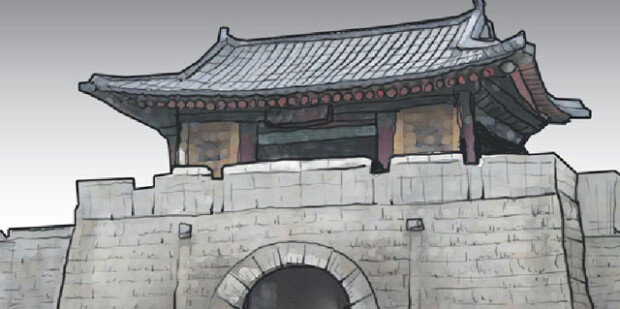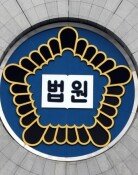The Siege of Ansi
The Siege of Ansi
Posted October. 02, 2018 08:00,
Updated October. 02, 2018 08:00

During the Goguryeo–Tang War (from 645 to 668) and Goguryeo-Sui War (in 598 and from 612 to 614), the defense line for Goguryeo, one of the Three Kingdoms of Korea, ranged from the Sin Fortress in north to the Bisa Fortress in south. In between the two castles were Yodong and Gunan Fortresses.
While the Sui Dynasty failed to tear down Yodong, the Tang armies occupied Yodong and Baekam in 645, yielding a breakthrough in the center of Goguryeo’s defense line.
It was the Ansi Fortress that was standing behind the fallen bulwarks. The siege of Ansi went on for three months, eventually making the Tang military give up on their attempt to invade Goguryeo. The fall of Ansi wouldn’t have necessarily meant an end of Goguryeo. In fact, a closer look at the history of the continued war between Goguryeo and Tang suggests that Ansi could have relied on the defense lines at the Aprok, Cheongcheon, and Daedong Rivers as a buffer. Pyongyang Fortress was also capable of surviving a siege as last resort.
Of course, the defense must have been significantly weakened after the massive defeat suffered at Mt. Jupil, an area near the Ansi Fortress, so if Ansi had been occupied, Goguryeo would have suffered much more damage. The saying “The fall of Ansi would have meant the fall of Goguryeo” reflects the frustration of Tang armies. This is by no means intended to downplay the value of the Siege of Ansi. On the contrary, the men at Ansi deserve an infinite credit for fighting the temptation of giving up and relying on the buffers of rear line of defense.
With the Yodong and Baekam fortresses taken by the enemy, dozens of fortresses giving up and fleeing, Ansi stayed where it belonged. Eventually, the siege of Ansi thwarted Tang’s invasion and proved that a small Korean fortress can survive the attacks from a legion of Chinese armies.
Staying where you are and fulfilling your responsibilities: this must be one of the most touching lessons that can be learned from the history of war. Today we are living in a society where too many incompetent people demand privileges and shun responsibilities. It feels as if the siege of Ansi had happened in a different country, rather than Korea. Perhaps, it was too long ago.
Headline News
- Israel prepares for retaliation against Iran
- Samsung reclaims top spot, surpassing Apple in smartphone market
- 77% of Koreans in 20s and 30s are 'Kangaroo Tribe' due to job crisis
- KBO referees embroiled in controversy over ABS decision concealment
- Inflation, oil price surge put double shock on global economy







